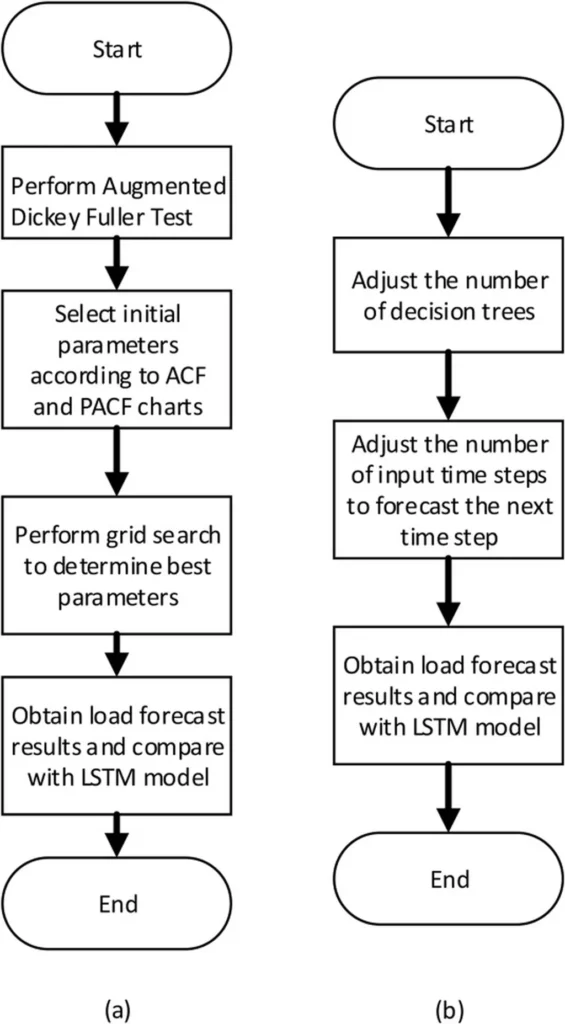In the quest to harness the full potential of flexible energy resources, researchers have developed a novel method that could revolutionize how load aggregators manage diverse energy systems. Bo Peng, a researcher at the School of Information and Electrical Engineering, Shandong Jianzhu University, has led a study that introduces a groundbreaking framework to enhance grid reliability and operational efficiency. The research, published in the journal *Energies*, focuses on the aggregation and coordination of demand-side flexible resources, a critical yet challenging aspect of modern energy management.
The study addresses the complexity of modeling and aggregating heterogeneous loads, such as air-conditioning systems, energy storage units, and diesel generators. Peng and his team have developed a Gradient Normalized Multi-Task Learning Long Short-Term Memory (GNMTL-LSTM) model to forecast the power trajectories of these diverse resources. This model not only predicts power trajectories but also accounts for the associated uncertainty, constructing dynamic feasible regions for individual resources using Zonotope structures.
“Our method enables fine-grained coordination of flexible loads, making them more adaptable to market signals,” Peng explained. This adaptability is crucial for enhancing the economic responsiveness of energy systems, allowing them to better navigate the fluctuating demands and prices of energy and reserve markets.
One of the key innovations in this research is the use of a Minkowski sum-based method to efficiently merge the feasible regions of multiple resources. This approach ensures scalability, which is essential for managing large-scale energy systems. Additionally, the team introduced a directionally weighted Zonotope refinement strategy that leverages time-varying flexibility revenues to enhance approximation accuracy during high-value periods.
The effectiveness of the proposed method was validated through case studies based on real-world office building data from Shandong Province. The results demonstrated significant improvements in modeling precision and economic responsiveness, showcasing the framework’s potential to enhance grid reliability and operational efficiency.
“This research is a significant step forward in the field of energy management,” Peng noted. “By integrating GNMTL-LSTM forecasting with market-oriented Zonotope modeling, we have enabled simultaneous improvements in dynamic accuracy, computational scalability, and economic responsiveness.”
The implications of this research are far-reaching. As the energy sector continues to evolve, the ability to effectively coordinate and manage flexible resources will become increasingly important. Peng’s framework provides a robust solution that can be applied to various energy systems, enhancing their adaptability and economic efficiency.
In the broader context, this research highlights the potential for advanced modeling techniques to transform the energy sector. By leveraging cutting-edge technologies, researchers and industry professionals can develop more efficient and reliable energy systems, ultimately contributing to a more sustainable and resilient energy future.
As the energy landscape continues to evolve, the work of Bo Peng and his team serves as a testament to the power of innovation and the potential for technology to drive positive change. Their research not only advances the field of energy management but also paves the way for future developments that will shape the energy sector for years to come.

